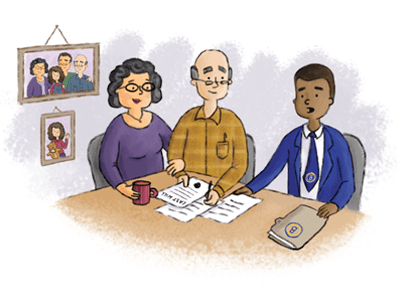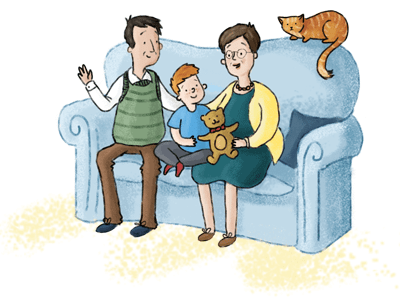
The untimely passing of Liam Payne last year shocked us all, but what’s even more surprising is that he died without a will. As a result, his £24 million estate is now governed by the Rules of Intestacy, which most probate professionals strongly advise against.
There are lots of misconceptions about where our assets will end up if we die without a will. We often hear questions like “Is it really necessary to create a will if I don’t own much?”. Misunderstandings are common, but it’s crucial to be aware of what can happen if you die without a will in place.
This case illustrates why writing a will is essential, to ensure your wishes are respected and to shield your loved ones from legal and emotional challenges during an already difficult time. Francesca Rigby, Senior Associate and the Head of our Wills, Probate and Planning for the Future Team explores what you should know.
What Happens if You Die Without a Will?
If you die and leave assets behind in the UK, not having a will at the time of your death means your estate will pass on the Rules of Intestacy. These rules are found in the Administration of Estate Act 1925, and whilst amendments have been made to the Act since then, the basis of the law is still over 100 years old!
The Rules of Intestacy can seem a little outdated, but they set out the law on who inherits an estate if there is no will. In some cases, it can see money or assets being passed to family members that the deceased hasn’t spoken to for years, or to an estranged spouse that never finalised a divorce.
Some important things to note about the Rules of Intestacy are:
- Unmarried partners are not considered. Even if you live with a partner and would want them to inherit something, if you are unmarried your assets instead would pass to any children or other relatives.
- If no surviving relatives can be found, your estate will go to the Crown (the state).
- If assets are set to be inherited by a child under the age of 18, funds will be held in a trust until they turn 18. Step-children that weren’t adopted by the deceased will not inherit anything.
Who Handles Your Estate Without a Will?
Without a will, the law decides who will manage your estate—the person responsible for gathering your assets and ensuring they’re distributed. This is usually your closest living relative. However, this person might not be someone you trust or want to handle such an important responsibility. Writing a will allows you to appoint someone you know and respect to carry out your wishes.
Why is Making a Will Important?
Creating a will gives you control. It allows you to:
- Choose who inherits your assets.
- Protect loved ones who may not inherit under the Rules of Intestacy, such as stepchildren or unmarried partners.
- Ensure your estate is managed by someone you trust.
- Specify how and when beneficiaries receive their inheritance, like delaying access until they’re older.
Having a will not only ensures your wishes are honoured but also provides peace of mind to your loved ones during a difficult time.
How Can Bromleys Help?
Writing a will doesn’t have to be complicated. At Bromleys, we understand that every individual’s needs are unique. Your goals, family circumstances, and priorities shape the approach to securing your future.
We’ll guide you step-by-step and provide tailored support with:
- Wills and Estate Planning
- Choosing Trusted Executors
- Protecting Loved Ones Outside Intestacy Rules
- Planning Beneficiary Inheritances
Let’s Talk
By taking this vital step, you can secure your assets and provide clarity, ensuring your loved ones are protected in what will be a difficult time. Let our team guide you through this process to make it as straightforward as possible.
Call us today on 0161 330 6821 or email bromleys@bromleys.co.uk and see how we can help.











